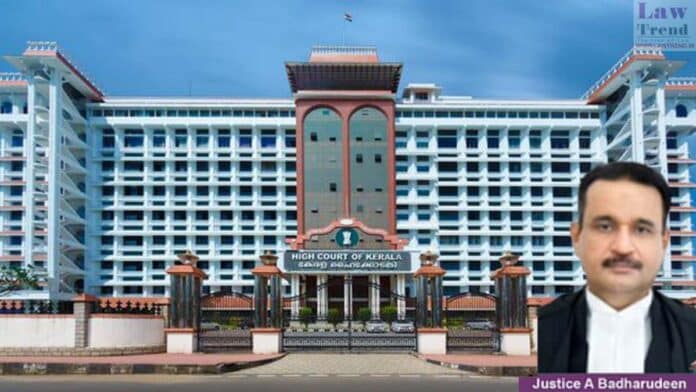In a landmark judgment, the Kerala High Court reaffirmed the legal principle that the rupture of the hymen is not essential to establish penetrative sexual assault. Justice A. Badharudeen dismissed a criminal revision petition (Crl. R.P No. 1091 of 2024) filed by the accused, seeking discharge in a case under the Protection of Children from
To Read More Please Subscribe to VIP Membership for Unlimited Access to All the Articles, Download Available Copies of Judgments/Order, Acess to Central/State Bare Acts, Advertisement Free Content, Access to More than 4000 Legal Drafts( Readymade Editable Formats of Suits, Petitions, Writs, Legal Notices, Divorce Petitions, 138 Notices, Bail Applications etc.) in Hindi and English.




